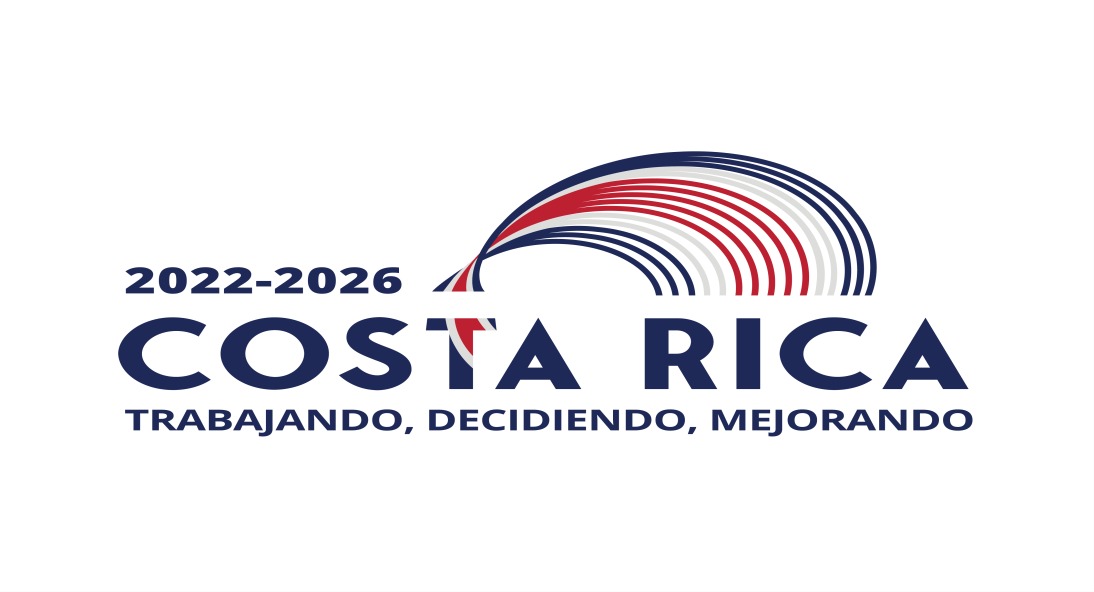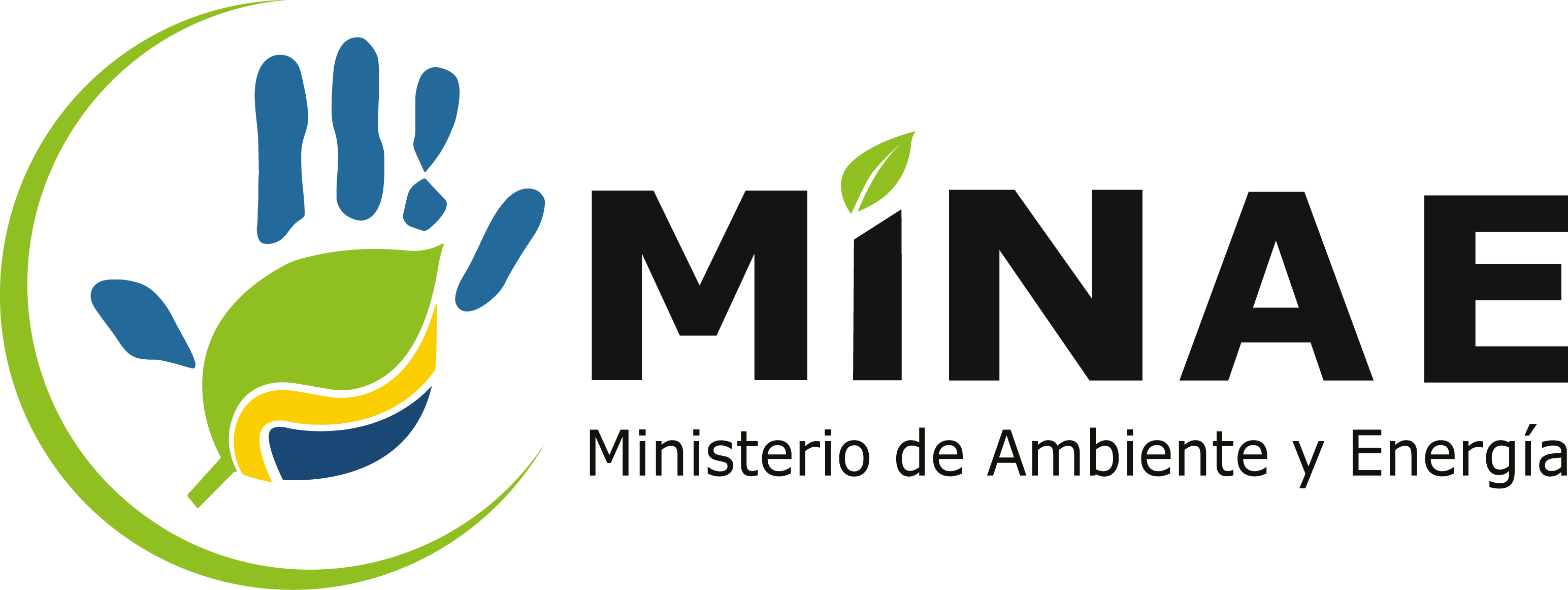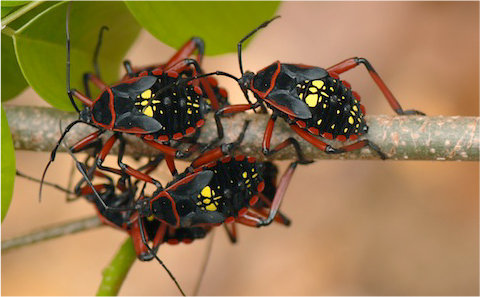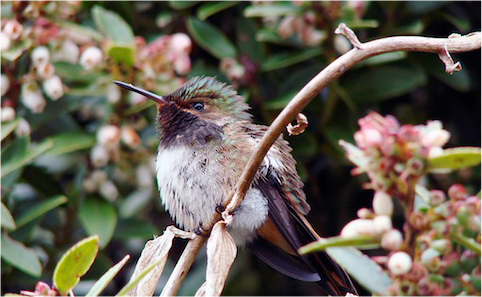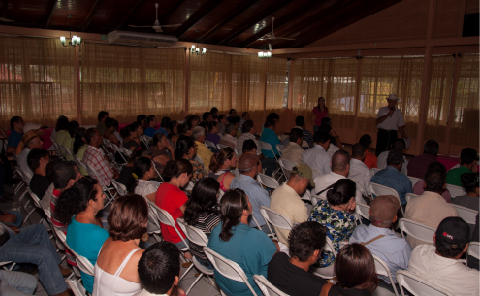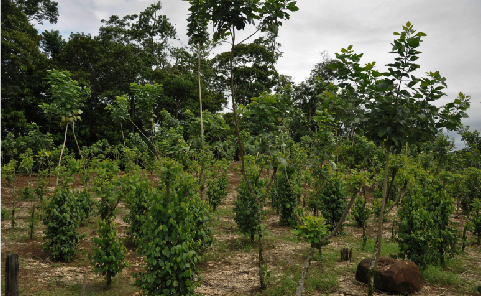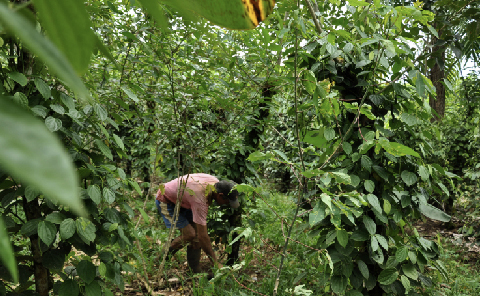Within the framework of Forest Law 7575 and its Regulations, FONAFIFO has as one of its objectives, the capture of financial resources for the payment of environmental services and the strengthening of the natural resources sector, for this purpose, it is authorized to carry out all business licit, commercialize the environmental services generated in the farms registered in the PES Program, and develop projects to be financed by national or international organizations. In addition, in compliance with domestic carbon market regulations, the institution provides Costa Rican compensation units to organizations interested in offsetting their carbon footprint.
Sustainable Biodiversity Fund
What is the Sustainable Biodiversity Fund - FBS?
It is a trust whose objective is to conserve in the long term, and in a sustainable way, the biodiversity found in private lands.
To achieve this objective, the FBS will provide sustainable financing for conservation in the buffer zones of protected areas and biological corridors.
The purpose of the Trust is to consolidate a patrimonial fund that allows, with its returns, to support payment programs for environmental services directed to small owners, those located in districts with a social development index of less than 40% and to indigenous communities.
Its objective, "Generate financing through the Trust Fund mechanism - Sustainable Biodiversity Fund (FBS) - for the recognition of long-term environmental services of forest ecosystems that have high biodiversity of national and global importance:"
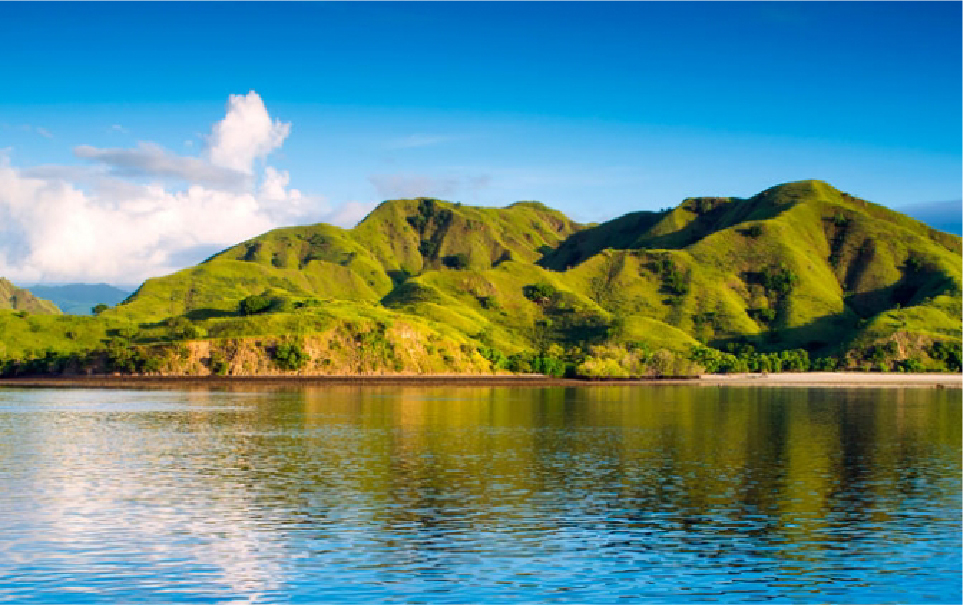
The purpose of the Trust is to consolidate a long-term Patrimonial Fund that allows, with its yields, to carry out the processes of protection and improvement of the environment and natural resources, supporting payment programs for environmental services generated by forests, forest plantations and ecosystems of importance in the mitigation of greenhouse gases (fixation, reduction, sequestration, storage and absorption), water protection for urban, rural or hydroelectric use, protection of biodiversity to conserve it and sustainable, scientific and pharmaceutical use, research and genetic improvement, protection of ecosystems, forms of life and natural scenic beauty for tourism and scientific purposes, and any other mechanism of forest development established by the Forest Financing Fund in the present or in the future.
For this, only the yields of the patrimonial fund will be used to carry out processes of protection and improvement of the environment and natural resources supporting the Environmental Services Programs.
It was born through the project "Mainstreaming Market - Based Instruments for Environmental Management Project", applied in Costa Rica under Law 8640.
Its assets are made up of financial contributions from various private and public actors.
It will only use the fund's income to carry out the recognition of long-term environmental services in forest ecosystems that have high biodiversity of national and global importance.
- Protect and conserve areas of high biodiversity in Costa Rica.
- Increase the national and international exposure of the FBS and its products.
- Benefit small and medium forest owners.
- Collaborate with the implementation of PSA in Costa Rica.
- Design and promote innovative incentives.

Its Beneficiaries, Currently the FBS is in the capitalization stage and it is expected to start operations in 2015, which seek to benefit all small and medium forest producers in private areas of forest cover and high biodiversity, which preferably have limitations to enter the current Payment for Environmental Services scheme. It is expected that it can provide support by implementing new positive incentives that contribute to the protection of biodiversity.
REDD + Strategy
In 2005, at the meeting of the United Nations Framework Convention on Climate Change, one of the most important international mechanisms for the mitigation of Climate Change was born: REDD (Reduction of emissions from deforestation and forest degradation. Two years later, within the framework of this same convention, they agreed to add to this initiative the conservation / sustainable management of forests and an increase in forest carbon stocks.) This is how REDD + was born.
In 2008, through FONAFIFO Costa Rica decided to join a pilot experience led by the Cooperative Forest Carbon Fund (FCPF), a global alliance that supports countries with tropical and subtropical forests to develop systems and policies for REDD + with payments based on results.
REDD + seeks to develop a set of policies and programs to deal the causes of deforestation / forest degradation, promote green, social and economic development, promote conservation, sustainable management of natural resources and increase carbon stocks, which Costa Rica has been doing for more than 16 years through the Payments for Environmental Services Program (PSA), implemented as a national policy instrument for the protection and recovery of forest cover.
Costa Rica aims to reduce emissions from reforestation and forest degradation by carrying out the following activities:

Reduction of emitters due to deforestation.

The sustainable management of forests.

The reduction of emitters due to forest degradation.

The increase of forest carbon stocks.

The conservation of forest carbon stocks.

When implementing the REDD + Strategy, it is expected to achieve emissions reduction in private and indigenous lands, through the regeneration of forests and forest plantations, carbon sequestration in timber products, the avoided deforestation in different forest types and the promotion of agroforestry systems, that will allow a holistic management of agricultural and cattle lands with forestry activities. All the previous activities will be carried out in a total of 341,000 hectares that according to preliminary calculations will be able to avoid or sequester an approximate of 30 million tons of CO2.
